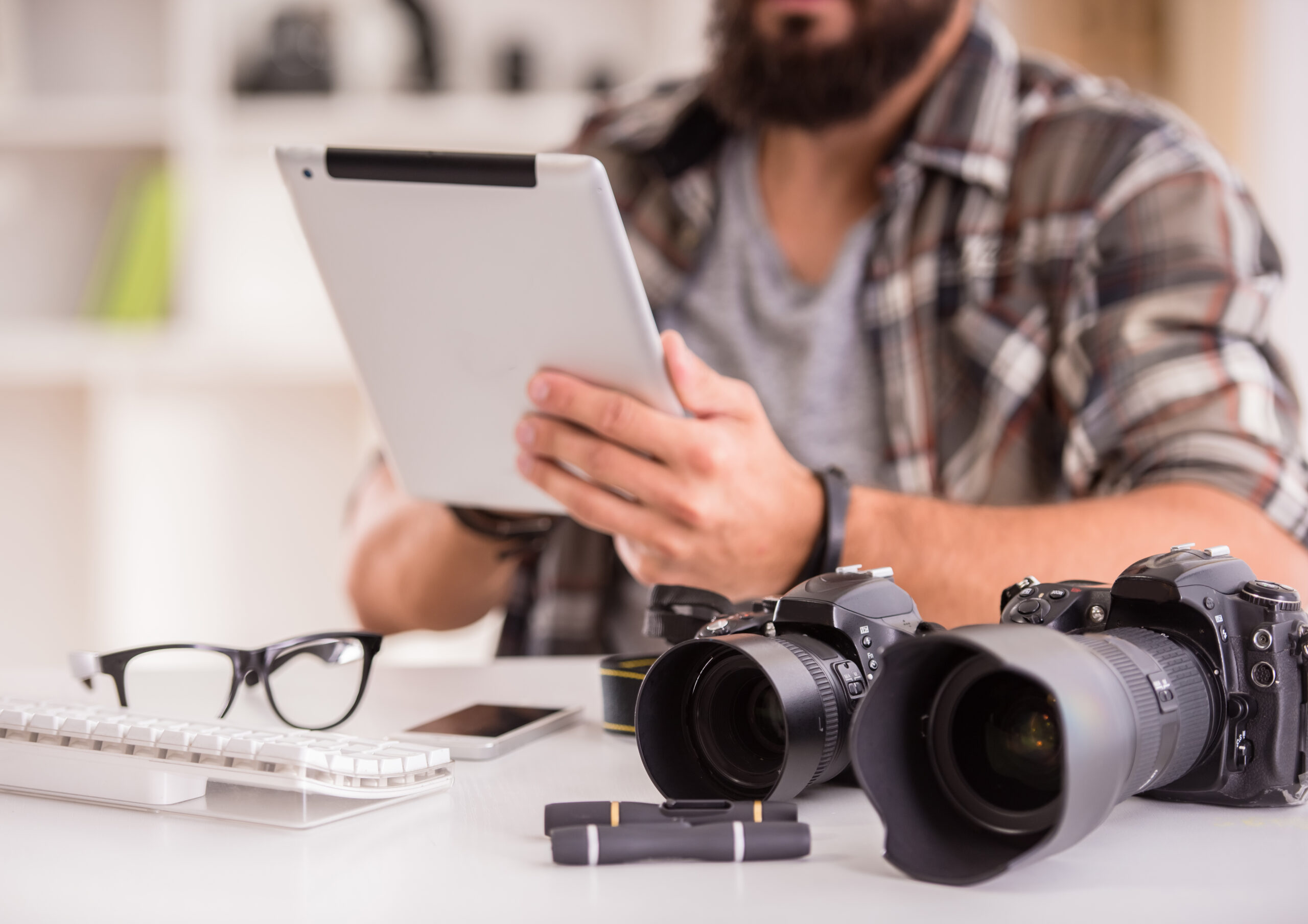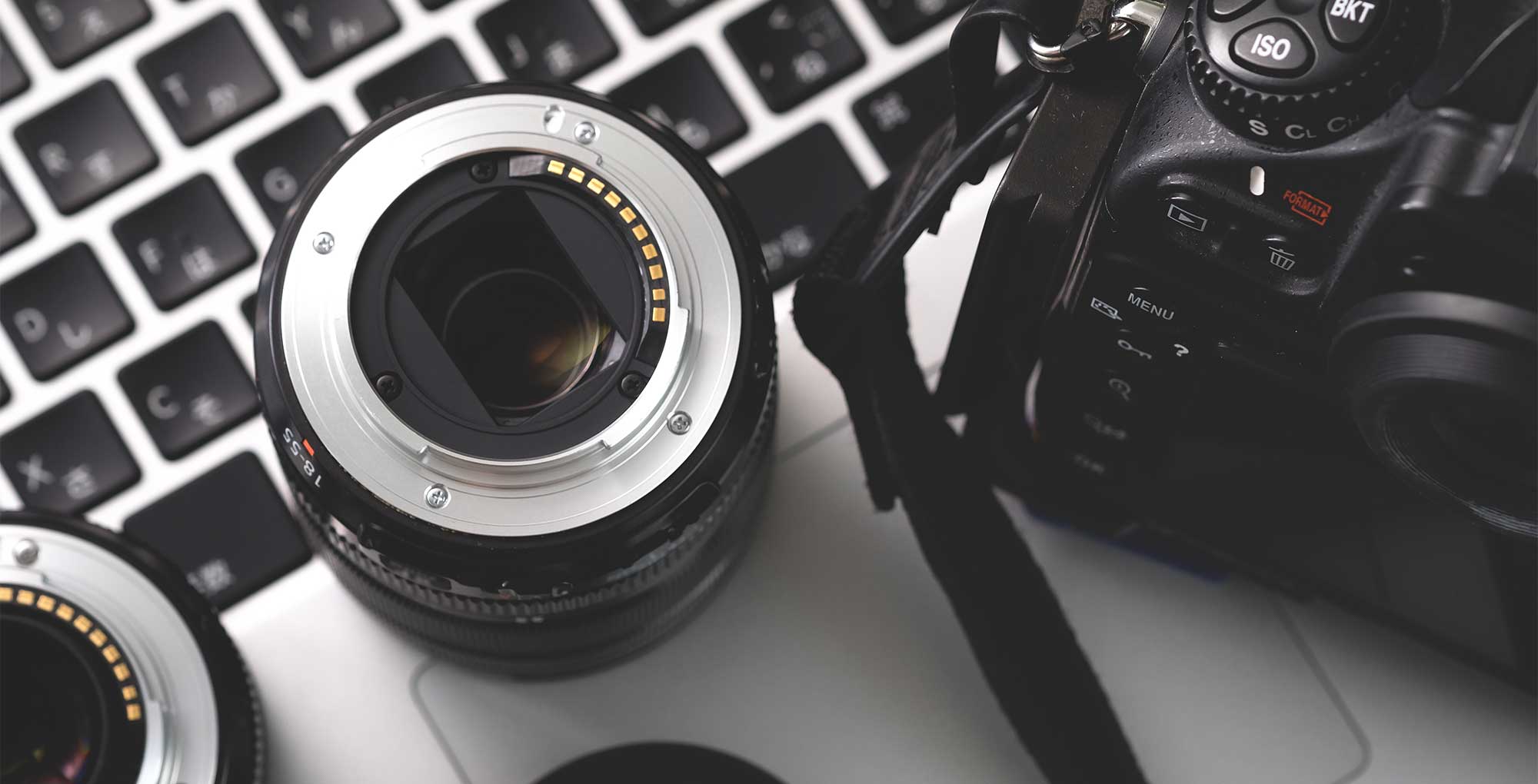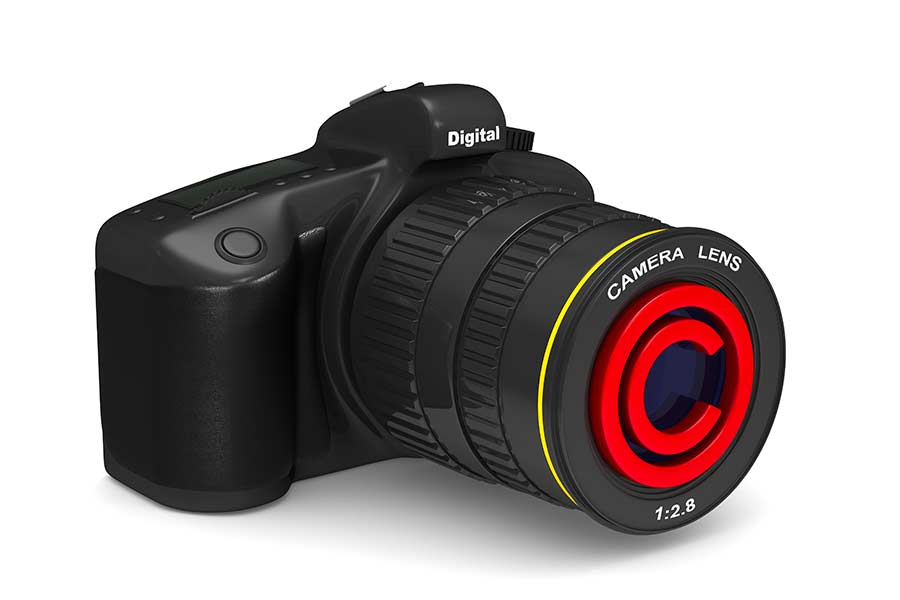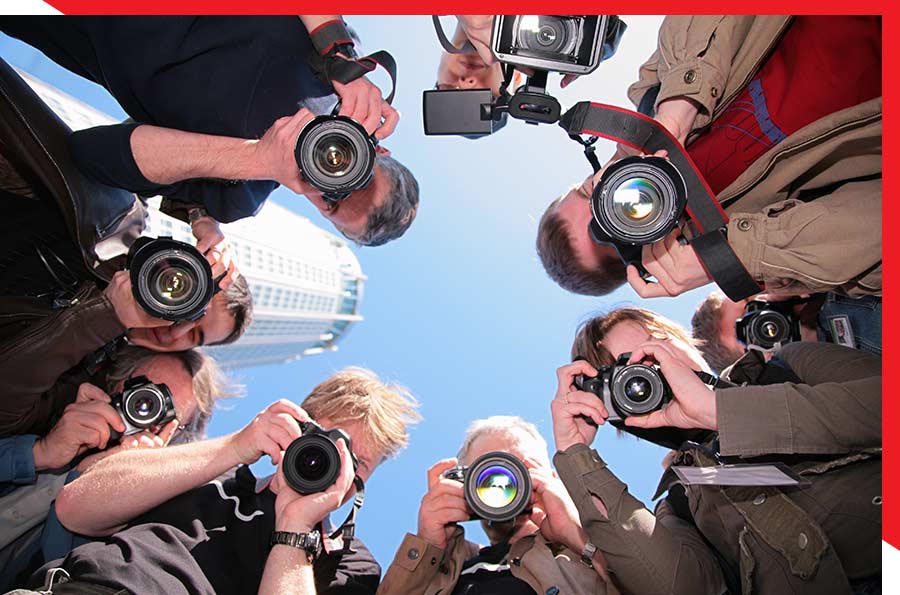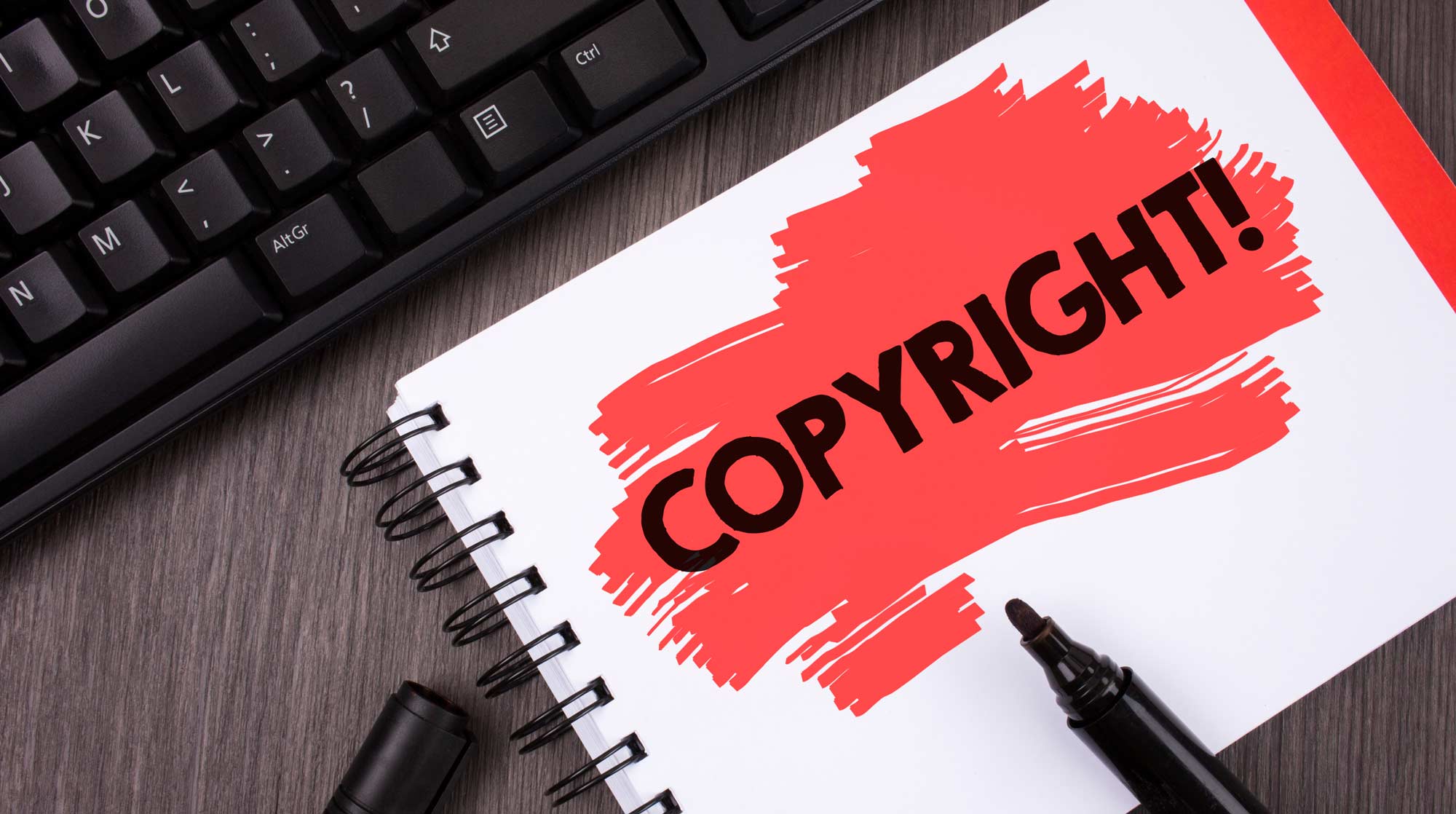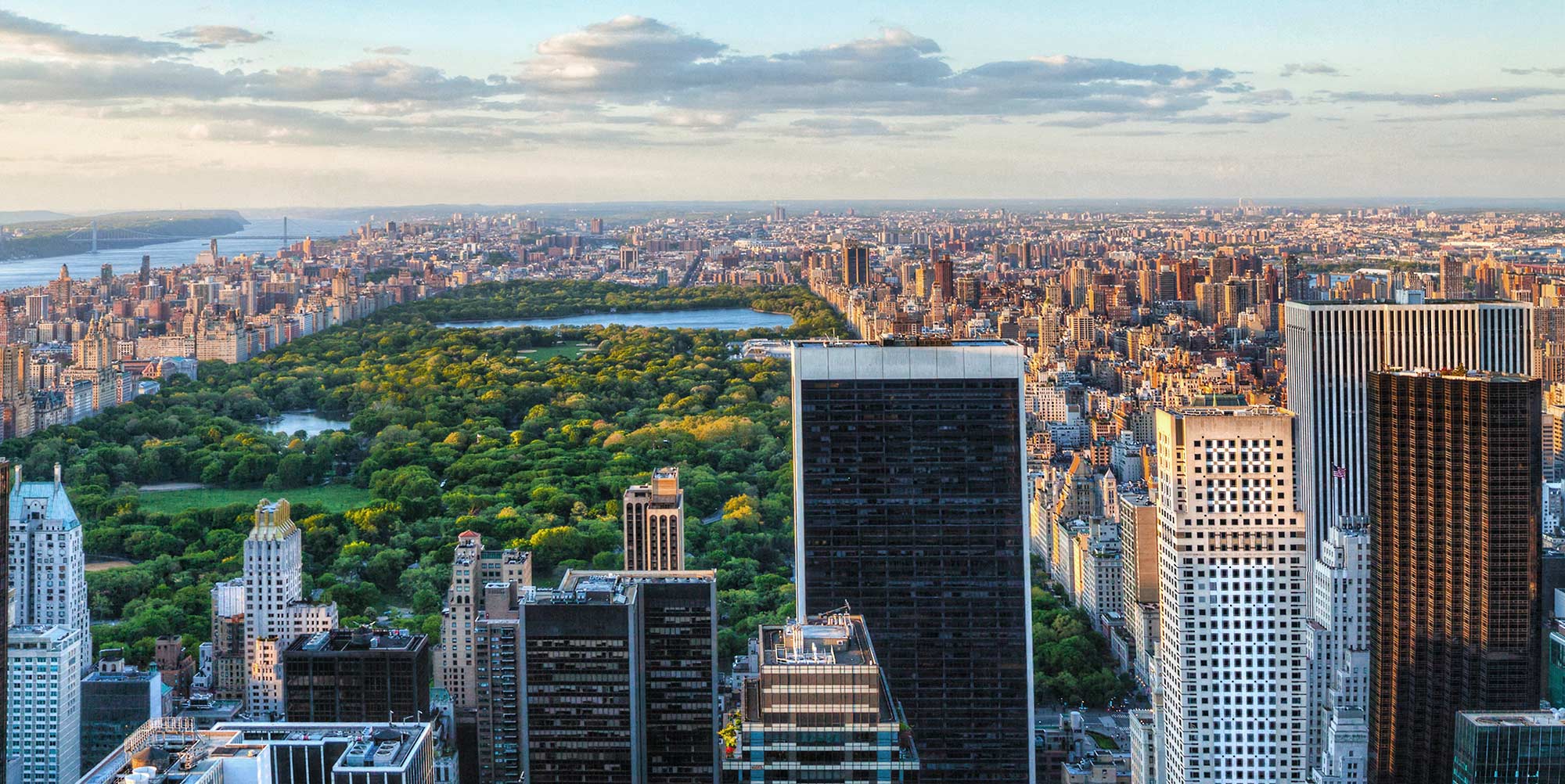Protecting Your Photography: A Comprehensive Guide to Copyright Law
As a photographer, you work hard to create unique and valuable images. But how can you protect your work from being used or stolen without your permission? In this comprehensive guide, we’ll explore the basics of copyright law and how it applies to photographers. We will cover the types of works that can be protected, the exclusive rights granted to copyright owners, and how to register your copyright with the U.S. Copyright Office.
What is Copyright?
First and foremost, it’s essential to understand what copyright is and how it works. Copyright is a form of legal protection that grants exclusive rights to the creator of an original work, such as a photograph, to control how their work is used and distributed. This means that only the copyright owner has the right to make copies of the work, display or perform it publicly, and create derivative works based on it.
Copyright Attaches Automatically Upon the Creation of an Original Work
In the United States, copyright protection is automatic upon the creation of the work. Photographers are not required to register their copyright or use a copyright notice for legal protection. However, registering your copyright with the U.S. Copyright Office can provide additional benefits, such as the ability to sue for copyright infringement and potentially receive statutory damages and attorneys’ fees.
As a photographer, it’s essential to understand what types of works can be protected by copyright. In general, copyright protects original works of authorship that are fixed in a tangible medium of expression, such as a photograph that is saved to a hard drive or printed on paper. However, copyright does not protect a work’s ideas, facts, or other non-original elements.
Once a photograph is copyrighted, the copyright owner has exclusive rights to control its use and distribution. This includes the right to reproduce the work, distribute copies, display or perform it publicly, and create derivative works based on it. Any unauthorized use of a copyrighted work, such as a photograph without permission, may be considered copyright infringement and can result in legal action.
If Your Copyright Has Been Violated, How Do You Enforce Your Rights?
If you believe that your copyrighted photograph has been used without your permission, there are several steps you can take to protect your rights. First, gathering evidence of the infringement is crucial, such as screenshots of the unauthorized use or copies of any communications with the infringing party. Next, depending upon the situation, you may want to consider sending a cease and desist letter, which formally demands that the infringing party stop using your copyrighted work. If the infringement continues, you may need to file a copyright infringement lawsuit to enforce your rights.
Best Practices with Photography and Copyrights
When protecting your copyright as a photographer, there are several best practices to remember. First, always use a copyright notice on your work, which typically includes the copyright symbol ©, the year of creation, and the name of the copyright owner. It is not required by law, but it may help deter potential infringers and provide evidence of your ownership in case of a legal dispute.
Additionally, consider registering your copyright with the U.S. Copyright Office. While it is not required to have legal protection, registration can provide additional benefits. For example, registration allows you to sue for copyright infringement and potentially receive statutory damages and attorneys’ fees. Remember that registration must be done within a specific time frame and involves a cost.
Finally, be proactive in monitoring your work for unauthorized use. Use reverse image search tools to see if your photographs are being used without permission. Consider working with a copyright monitoring service that can help identify and address potential infringements.
Take Action and Protect Your Rights
Understanding copyright law is essential for photographers who want to protect their valuable creative works. By registering your copyright, using a copyright notice, and monitoring your work for unauthorized use, you can take proactive steps to protect your legal rights. If you believe your copyright has been infringed, it’s important to take swift action to enforce your rights and seek legal remedies.
We at Sanders Law Group have extensive experience helping photographers protect their legal rights and enforce their copyrights. We understand the challenges and complexities of copyright law, and we have the experience and knowledge necessary to navigate the legal system and help our clients achieve their goals.
If you’re a photographer concerned about protecting your creative works, we encourage you to contact us to learn more about how we can help. Our team of skilled attorneys can provide personalized guidance and representation to ensure your rights are fully protected under the law.
Contact Sanders Law Group Today
Copyright law is essential for photographers who want to protect their valuable creative works. If you have concerns about your legal rights as a photographer, contact our law firm today. Learn how we can help protect your interests and achieve your goals. Call us today or complete the form on this website to schedule a consultation.


